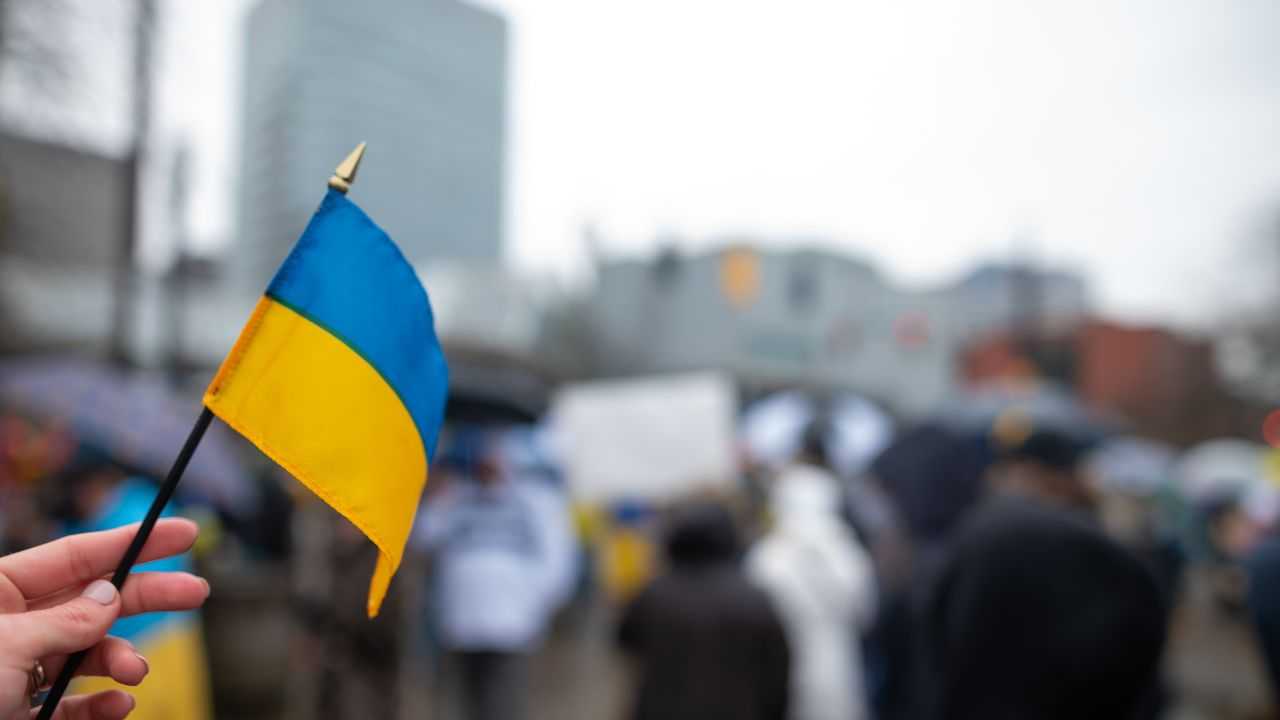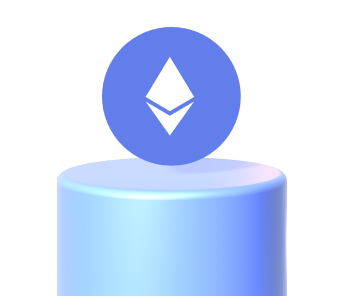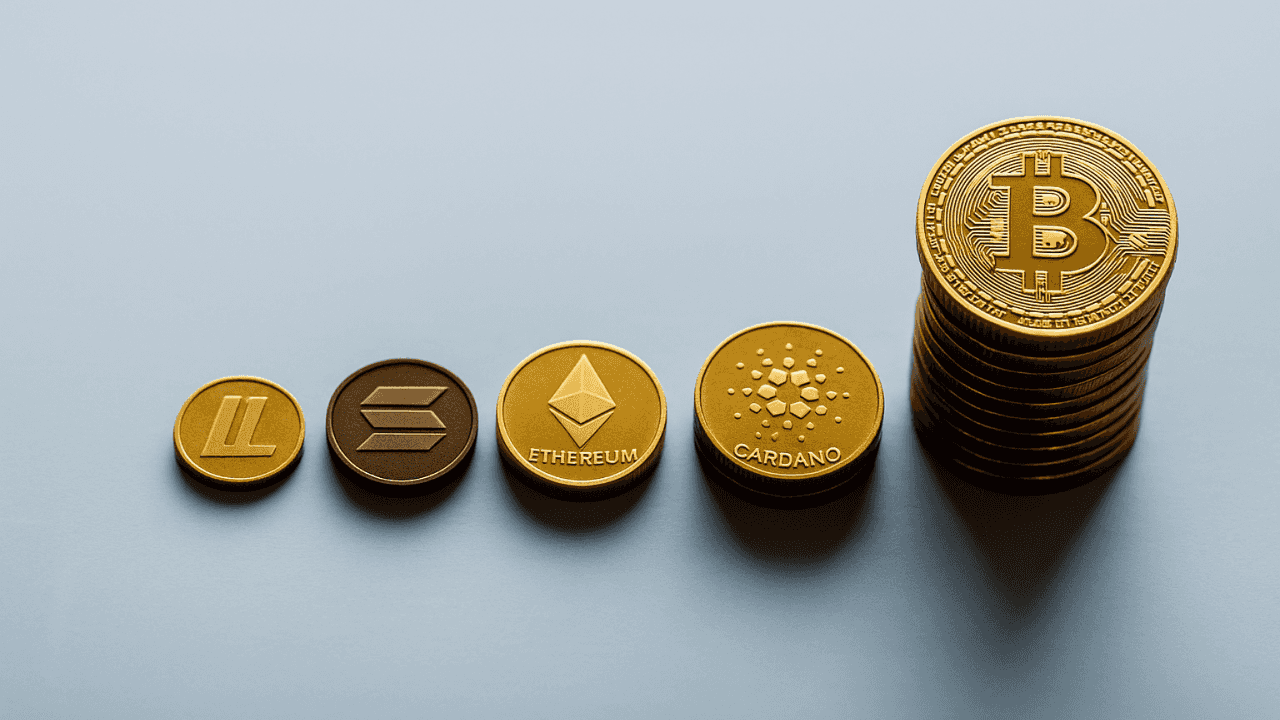
While UNESCO surveys the damage caused to Ukraine’s cultural heritage, the NFT Museum of War launches new collections to raise funds
Since the Russian invasion of Ukraine, NFTs, as well as cryptocurrencies, have played a key role in raising funds to finance the resistance and reconstruction of the besieged country. The Ministry of Digital Transformation has opened a collection of NFT donations and supports several collections such as Soul of Ukraine, Ukrainian Spirit and the Meta History Museum of War. Proceeds from the sales of these collections are directly available to the Ministry. Since March 2022, the Meta History Museum’s collection has raised over $1 million and added more collectible NFTs on 21 July. All over the world, non-fungible tokens are proving to be a way to give not only financial aid but also a voice to the events and people involved in the conflict. This is the case of the NFT photographs of reporter Niccolò Celesti who exhibited his photojournalistic works last month in Florence.
The NFT Museum of Ukraine continues its mission
The Meta History Museum of War was founded on 25 March 2022 thanks to an NFT platform (relying on Ethereum and Polygon) and under the patronage of the Minister of Digital Transformation Mykhailo Fedorov. The digital museum was created with the aim of preserving testimonies, recounting key moments of the war and countering misinformation about what is happening in Ukraine, all through NFT works. With the sales of these non-fungible tokens, the Meta History Museum of War has so far raised over $1 million ($1,223,272 at the time of writing) in ETH. The sum collected has been transferred to the Ministry, which in April explained in a statement that ‘the main purpose of this museum is to raise funds to restore Ukrainian museums and theatres that were bombed by the occupiers’.
According to UNESCO, 164 Ukrainian cultural sites were damaged from the start of the conflict until the latest update of 18th of July, including 72 religious buildings, 12 museums, 32 historical palaces and 17 monuments.
The third part of the NFT of the war in Ukraine
On the 21st of July, the digital museum published the third part of the NFT Warline collection in which the events of the conflict in Ukraine from 15th to 31st of March are recounted in chronological order. Comprising around one hundred works created by artists of different genres and backgrounds (one NFT was even created by artificial intelligence), the collection marks the most significant moments of the conflict and each NFT recounts an event on the precise day and time it occurred. For example, 16 March 2022 at 17:41: ‘Ukraine won a complete victory in its case against Russia at the International Court of Justice. The International Court of Justice has ordered an immediate halt to the invasion. The order is binding under international law. Russia…”. The new drop has works by artists such as Maria Oz, Anton Abo and Oleksii Dyvysenko.
NFT Photographs: Niccolò Celesti recounts the war in Ukraine
From the 24th to the 30th of June 2022, 90 photographs of the conflict taken by the war correspondent Niccolò Celesti were exhibited at Palazzo Vecchio in Florence. The exhibition, entitled “Springtime in Kiev: NFTs for Ukraine“, recounted in images the moments of the conflict between March and April. The harshness of the war, the difficulties, the faces of the people, in five ‘chapters’: Escape, War, Soldiers, Bunkers and Portraits. Three of the shots in the exhibition were turned into NFT photographs and sold to benefit the Red Cross’ ‘Florence for Kiev’ fundraiser. From the three photographs, 63 unique pieces were made at a price of 100 Euros each. We can consider Celesti’s work one of the first cases of photojournalism on blockchain.
The exhibition and the creation of the NFT photographs was curated by Innov Art di Trefoloni e Associati. It is a project that aims to bring new technologies, such as blockchain, to the world of culture and entertainment. They do this by providing services to companies, public bodies and professionals, for the creation of NFTs and tokenization projects. Celesti presented his collection like this: ‘a month of war and storytelling, spent mostly trying to get news from civilians and volunteers, looking for different angles than the headlines, images, and videos that the bastions of information offer globally. At the beginning, the intention was not to follow the main facts of the war, but to try to live it in the Ukrainians’ shoes.




